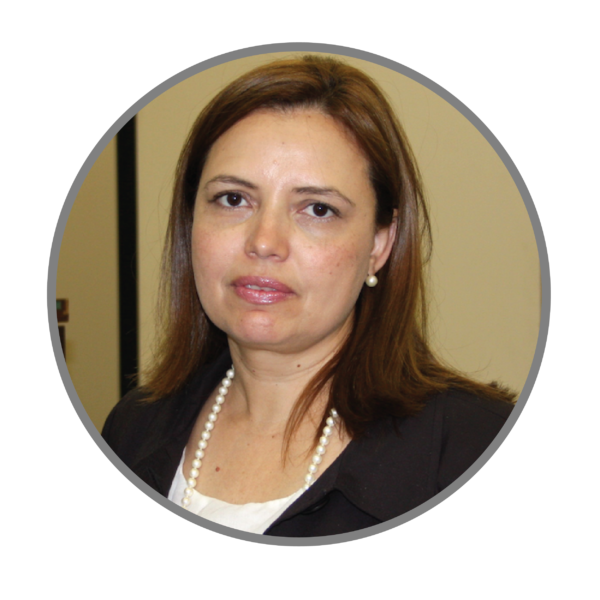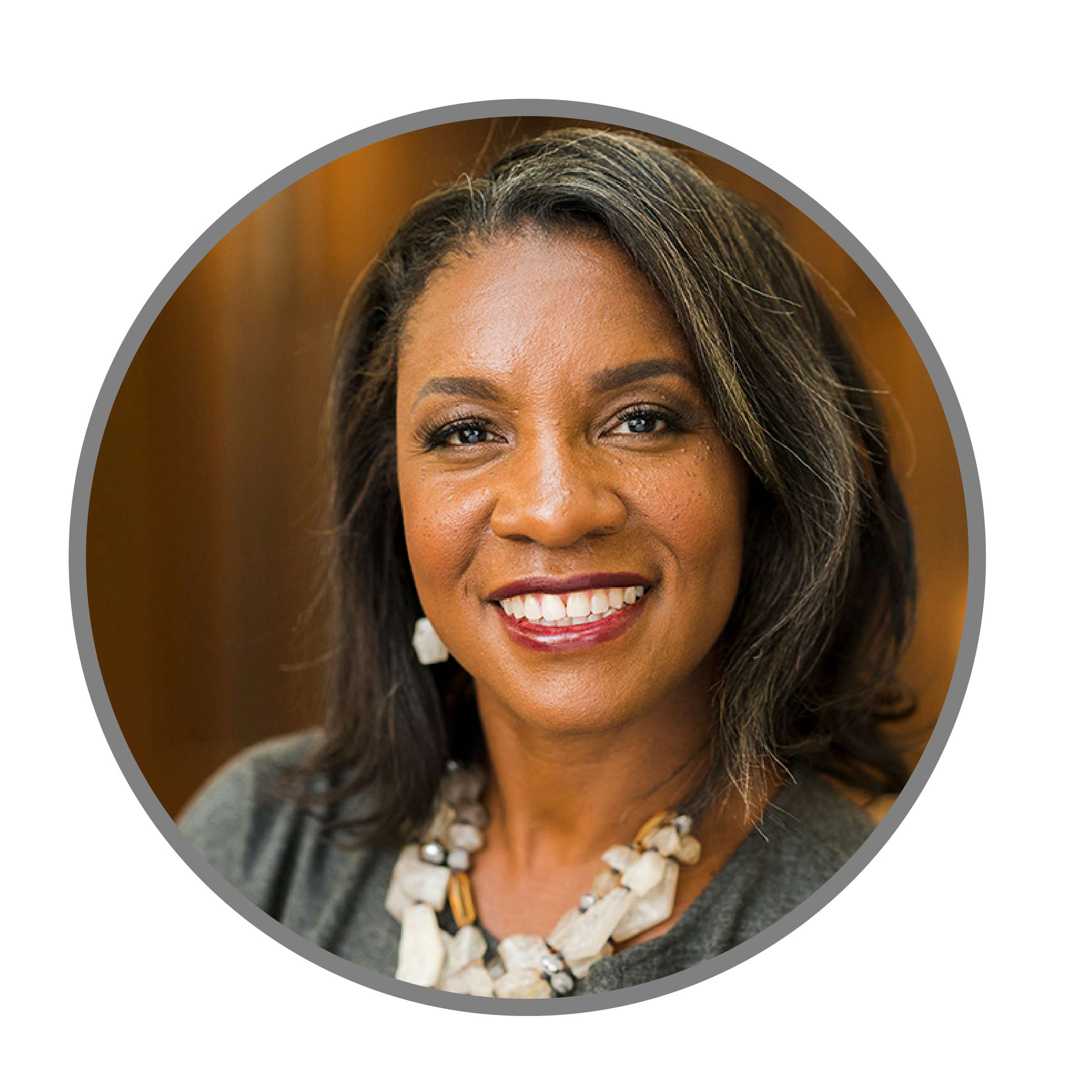
ASHLEIGH OWENS | DEPUTY DIRECTOR | FINANCIAL INSTITUTIONS LEAD
____
As Deputy Director / Financial Institutions Lead, Ashleigh engages directly with financial institutions, companies and investors as they embed respect for human rights into their operations and business relationships. She also leads on pieces of research under our Valuing Respect Project, which is focused on developing better ways to evaluate business respect for human rights. Ashleigh has a breadth of experience approaching the Guiding Principles from business, legal and academic perspectives and brings a holistic view to Guiding Principles implementation.
Ashleigh was previously Executive Director at Ernst & Young’s Climate Change and Sustainability Services. At EY Japan, she led a team of consultants supporting policy-making, educational program and governance design, stakeholder dialogue and due diligence strategies for multinational and domestic companies across a variety of industries. As founder of the EY Human Rights Network, she led the enhancement of EY’s human rights capabilities across EY’s global network. In her role she was a frequent speaker and moderator of dialogues at multi-stakeholder fora and functioned as a connector between civil society, government and corporate actors with a common goal of empowering business to respect rights.
From 2012 to 2014 she conducted research at the United Nations University in the field of Sustainability Science, specializing in business and human rights. She prepared research for the UN Working Group on Business and Human Rights and spent time at the UN Global Compact New York and the Office of the High Commissioner for Human Rights. Ashleigh later sat on the UN Global Compact’s Human Rights and Labour Working Group and drafted the Global Compact’s 2015 Guide on How to Develop a Human Rights Policy.
Ashleigh is a lawyer qualified in Australia and England & Wales and specialized in intellectual property law, labor law and public international law. She has advised governments and companies on state human rights obligations, companies on the nexus between bilateral investment treaties and human rights and fellow lawyers on integrating the Guiding Principles into legal advice. In 2007 she won the Intellectual Property Society of Australia & NZ prize.
Ashleigh has authored or contributed to a number of publications including: Business and Human Rights: Corporate Japan Rises to the Challenge (joint publication between EY Japan and Global Compact Network Japan), Corporate Social Responsibility Can Save Japan (Op-ed in Japan Times), Cumulative Human Rights Impacts (in UN Global Compact/ Maplecroft Business Dilemmas Forum) as well as several legal publications on intellectual property law in Australia and English translations of Japanese High Court judgments. She is also a member of the Advisory Board for the United Nations Institute for Training and Research (UNITAR)’s Division for Prosperity.
Ashleigh has degrees in Law and Asian Studies from the University of Western Australia, with studies also conducted at the University of Vienna and Sophia University in Japan. She has a Masters of Science in Sustainability from the United Nations University and has undertaken the institution’s Leadership for Sustainability program. Ashleigh is an Australian national, and is fluent in Japanese.









